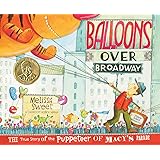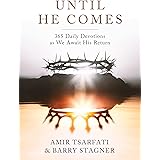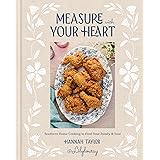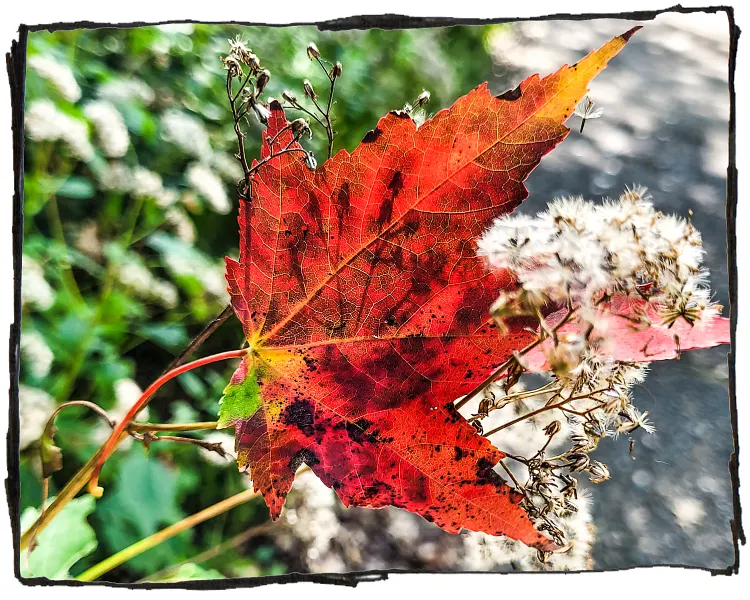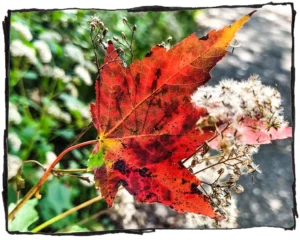“Unlock the Mystery: Mastering When to Use ‘Shined’ vs. ‘Shone’ Could Elevate Your Writing!”
Have you ever found yourself second-guessing whether to say “the sunlight shined” or “the sunlight shone”? If so, you’re not alone! Many writers stumble upon the subtle, yet critical, difference between transitive and intransitive verbs—a mix-up that can leave even experienced wordsmiths scratching their heads. In this article, I’ll unpack the delightful quirks of the English language by exploring the fascinating world of verb forms, specifically through the lens of simple actions like shining, shrinking, and drinking. By understanding these distinctions, you’ll not only brush up on your grammar skills but also enhance your writing prowess. So, let’s illuminate the path to clearer communication together! LEARN MORE.
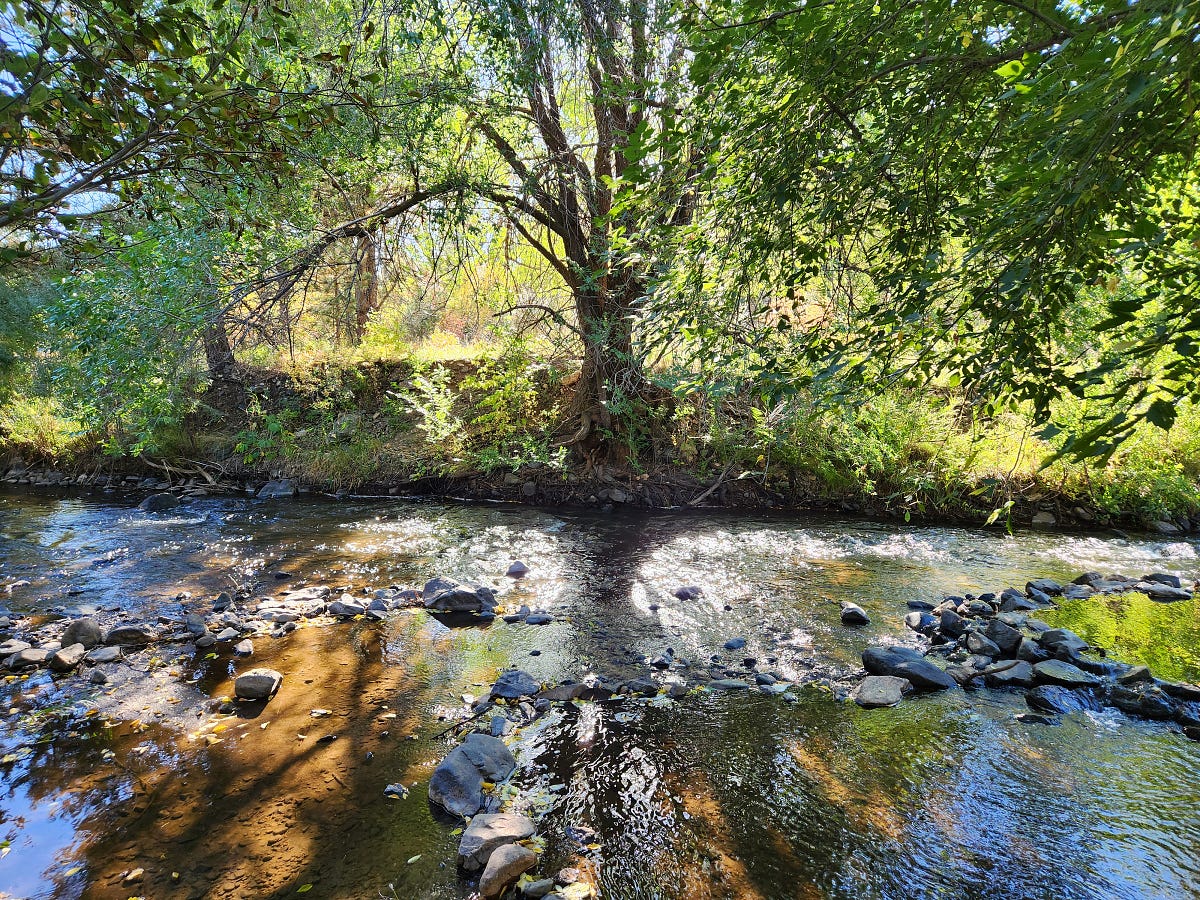
WRITING WELL
And how understanding the difference between transitive and intransitive verbs can help you remember the applicable rule
In my post “More Tips Related to Commonly Confused Words (New Jersey Edition),” I discuss the various forms of the verb “shrink” and ultimately state:
“While ‘shrink’ is the present-tense form, ‘shrank’ is generally preferred as the simple past-tense form, and ‘shrunk’ is generally preferred as the perfect past-tense form (as in ‘The demand for that item has shrunk.’).” Then I note that the same logic applies to “drink,” “drank,” and “drunk.”
Yet these two seemingly straightforward verbs can cause trouble at times due to the fact that other words like them exist — in the form of adjectives. A somewhat similar issue arose the other day when I had to think twice about the past tense of the verb “shine.” Would one say, “The early morning sunlight shined through the leaves of the peachleaf willow” or “The early morning shone through the leaves of the peachleaf willow?” To get to the answer, let’s dive in to learn more about the various forms of the seemingly simple verb “shine”— after we discuss the difference between transitive and intransitive verbs.


